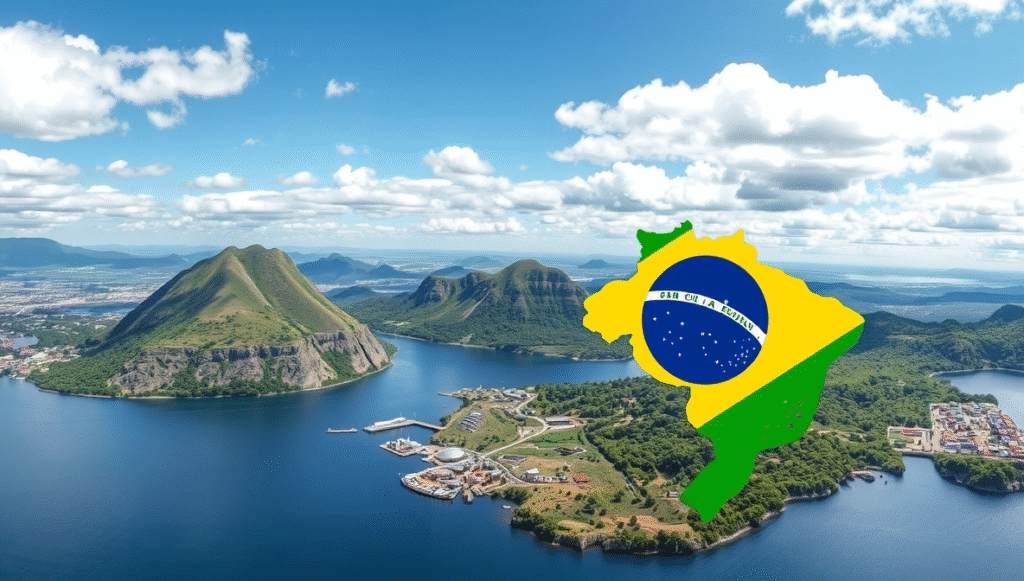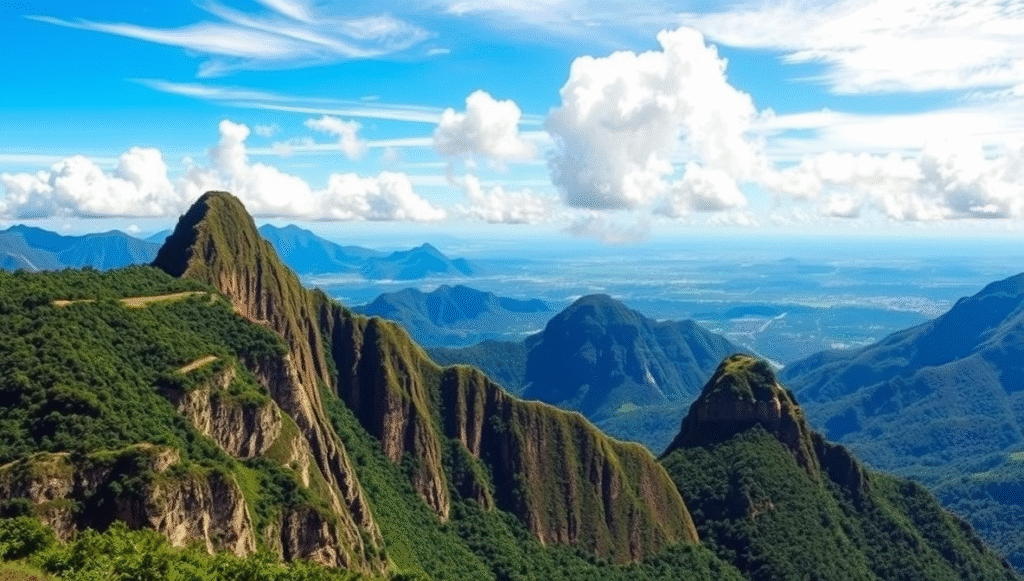Brazil is more than just a country in South America. It is a land full of vibrant culture, breathtaking landscapes, and remarkable biodiversity. Millions of people are drawn to Brazil for its rich traditions, economic potential, and natural wonders. Understanding Brazil offers insight into its history, economy, and global influence.
History and Cultural Heritage of Brazil
Brazil has a complex history shaped by indigenous civilizations, European colonization, and African influences. Portuguese explorers arrived in 1500, bringing new customs and language. Over centuries, Brazil developed a unique identity reflected in its music, dance, and festivals. Today, cultural diversity remains central to Brazilian society.
Brazil’s Geography and Natural Wonders
Brazil covers vast areas of forests, rivers, mountains, and beaches. The Amazon Rainforest dominates its northern region, housing countless species of plants and animals. Coastal cities feature stunning beaches, while inland areas offer mountains and plains. Travelers find Brazil’s geography both diverse and awe-inspiring.
Economy and Business Opportunities in Brazil

Brazil is the largest economy in South America, with strong industries in agriculture, mining, and manufacturing. The country is also expanding in technology and renewable energy. Entrepreneurs see Brazil as a land of opportunity due to its vast resources, growing population, and strategic location for trade.
Tourism in Brazil: Attractions You Cannot Miss
Brazil offers tourists vibrant cities like Rio de Janeiro and São Paulo, alongside natural wonders such as Iguazu Falls. Carnival, beaches, and wildlife experiences attract millions every year. Adventure travelers, culture enthusiasts, and nature lovers find Brazil to be a destination with endless experiences.
Brazilian Cuisine: A Flavorful Journey
Brazilian cuisine blends indigenous ingredients with European and African influences. Dishes like feijoada, pão de queijo, and brigadeiros highlight unique flavors. Regional foods vary widely, reflecting the country’s cultural diversity. Food is central to Brazil’s social gatherings, festivals, and daily life.
Social Life and Festivals in Brazil
Festivals in Brazil, such as Carnival and Festa Junina, are colorful celebrations that bring communities together. Music, dance, and street performances dominate social life. People across Brazil value family, friendships, and shared experiences, making the country’s culture lively and inviting for visitors.
Environmental Efforts and Sustainability in Brazil

Brazil faces challenges in protecting the Amazon and other ecosystems. Yet, initiatives in sustainable agriculture, renewable energy, and conservation projects are growing. Environmental awareness is increasing among citizens, businesses, and policymakers, reflecting Brazil’s commitment to balancing development and nature preservation.
Conclusion
Brazil is a country of contrasts, blending modernity with tradition, and nature with urban life. From its cultural heritage to economic potential, Brazil offers opportunities for visitors, entrepreneurs, and global citizens alike. Plan your journey, explore its wonders, and embrace the vibrant spirit of Brazil.
FAQs
1. What is Brazil famous for?
Brazil is famous for the Amazon Rainforest, Carnival festivals, football culture, and beautiful beaches along its coastline.
2. What language is spoken in Brazil?
Portuguese is the official language, influenced by Brazil’s Portuguese colonial history.
3. Can tourists visit the Amazon Rainforest safely?
Yes, guided tours provide safe and educational experiences in the Amazon while promoting conservation awareness.
4. What is Brazil’s main economic activity?
Brazil’s economy relies on agriculture, mining, manufacturing, and a growing tech sector.
5. When is the best time to visit Brazil?
The best time depends on the region: summer (December–March) for beaches, and winter (June–September) for exploring the Amazon.


